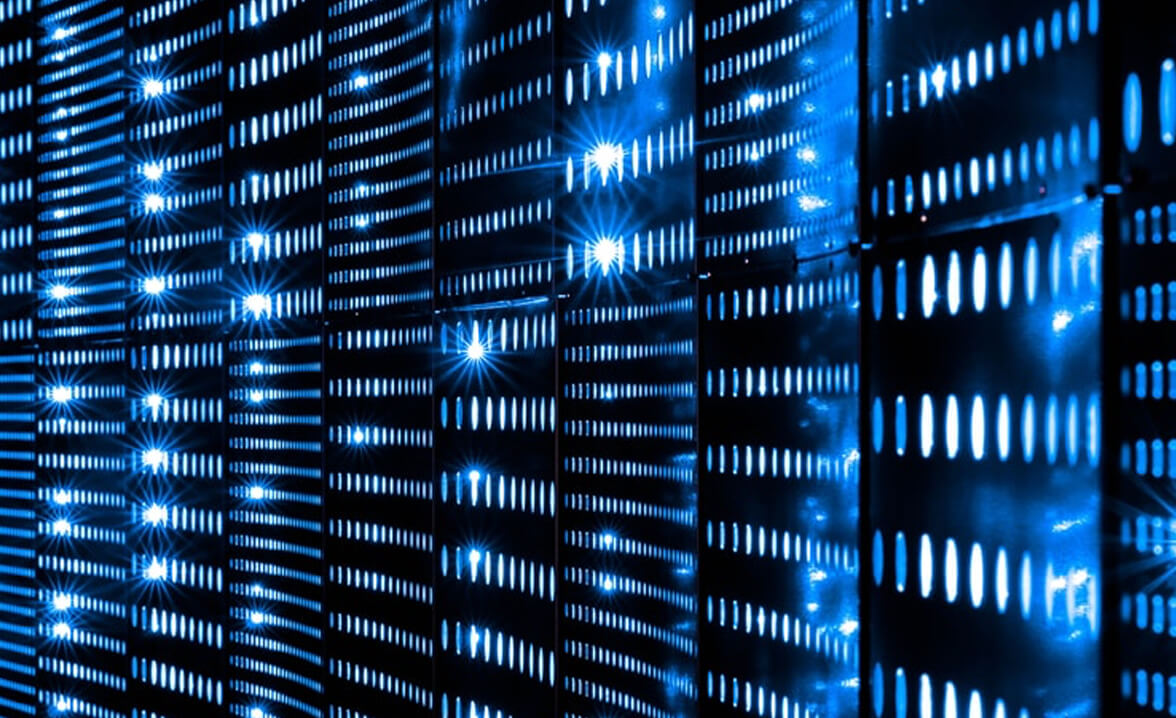What are Blockchains?
Blockchains are technical frameworks in which digital transactions are agreed upon without central authority, recorded in an unchangeable ledger, and maintained across a network of computers. They make cryptocurrencies like Bitcoin, Ethereum, and Tezos possible, and are transforming how value is exchanged in a digital world.

Blockchain explained
Many of the concepts that led to blockchains have been around for a long time, such as cryptography, linked lists, and distributed ledgers. However, blockchains combine them in such a way that revolutionizes how digital transactions can be made. In this section we’ll cover the key characteristics that make blockchains work: consensus, immutability, and decentralization.
Consensus: agreeing on transactions
A defining feature of blockchains is their use of consensus mechanisms to agree on the validity of transactions. The most well-known forms of consensus are Proof of Work and Proof of Stake. Generally speaking, these mechanisms operate by allowing nodes – computers connected to the blockchain – to trade computing power, cryptocurrency, or other digital assets for an opportunity to validate transactions and earn a reward.
Immutability: organizing transactions so they can’t be changed
The word “blockchain” comes from the unique way blockchains structure data: transactions are grouped into “blocks,” which are linked together in a “chain.” These blocks are linked sequentially using cryptographic methods creating an unchangeable record of transactions - an immutable ledger. Blockchains are resistant to modification because the data in any one of these blocks cannot be changed without modifying all subsequent blocks.
Decentralization: operating without a central authority
Blockchains operate on the computing power of a network of computers, or “nodes.” Not only are these nodes distributed, meaning spread out geographically, but they are also decentralized. When nodes participate in the consensus mechanism and validate transactions, they do so independently without any single point of control. This process keeps the blockchain operational and secure, and highly resilient to subversion or alterations.
BLOCKCHAIN BENEFITS
What makes blockchains special?
Security
Public blockchains are immutable, decentralized ledgers that maintain high levels of security for data and transactions.
Access
The ability for individuals to exchange value frictionlessly on a secure network without the need for intermediaries or a central authority.
Convenience
Blockchains enable fast and financially practical transactions between individuals all over the world.
Efficiency
Proof of Stake blockchains like Tezos allow transactions and complex applications to be done in an energy-efficient environment.
Transparency
Blockchains make data available and verifiable to all while allowing open participation on the network.
Blockchain is a foundation for applications
Blockchain is a technological innovation that is revolutionizing how we exchange value. Public blockchains are ledgers of information on global, decentralized networks. People around the globe and businesses large and small are utilizing blockchains to better adapt to a fast-changing, digital world. Industries such as the arts, gaming, finance and more are joining together to form connected ecosystems on blockchains like Tezos.
INSIDE BLOCKCHAIN
What are Blockchains used for?
Though blockchains differ in their design and technical features, most of them support two key functionalities: transacting value in the form of cryptocurrencies, and executing instructions called smart contracts. Smart contracts, in turn, provide the foundation for decentralized applications, also known as dApps.

Cryptocurrencies
Blockchains are decentralized and therefore offer higher security over centralized frameworks by design, making them well-suited for coordinating economic activities through digital currencies, also known as cryptocurrencies.
Cryptocurrencies and tokens on a blockchain serve as representations of value, and also enable value to be exchanged between individuals frictionlessly in a digital environment. Without the need for middlemen or central parties, transactions can happen directly in a peer to peer fashion. That’s something truly unique in the digital world.

Smart Contracts and Decentralized Apps (dApps)
Put simply, smart contracts are instructions stored on the blockchain that execute when a predetermined set of conditions are met. “Smart” refers to the fact that it’s programmable, while “contract” means that it’s a set of conditions utilized by at least two parties.
A blockchain capable of complex smart contracts, like Tezos, makes many decentralized applications and use cases possible.

Other Blockchain use cases
Blockchains are already providing new ways of storing and transacting value, enabling fast and inexpensive global payments, and allowing people to access a global payment system without the need for gatekeepers or intermediaries.
With complex smart contracts, like those enabled on Tezos, this is just the beginning.
Non-Fungible Tokens (NFTs)
Digital artworks and collectibles with verifiable uniqueness on the blockchain, making it possible to truly own digital items. These digital items can also unlock special privileges like exclusive access to experiences digitally, in-person, and more.
Decentralized Finance (DeFi)
Access to decentralized, global financial markets is possible thanks to unique applications built on top of blockchains that are not controlled by any single entity. These markets include borrowing and lending, asset management and more.
Security Token Offerings (STOs)
Exchanging tokens representing specific assets, like real estate, across a trusted, global financial network is possible with STOs.
Digital Identity
The inherent interoperability between applications built on the same network enables a unique digital identity that can be used from application to application.